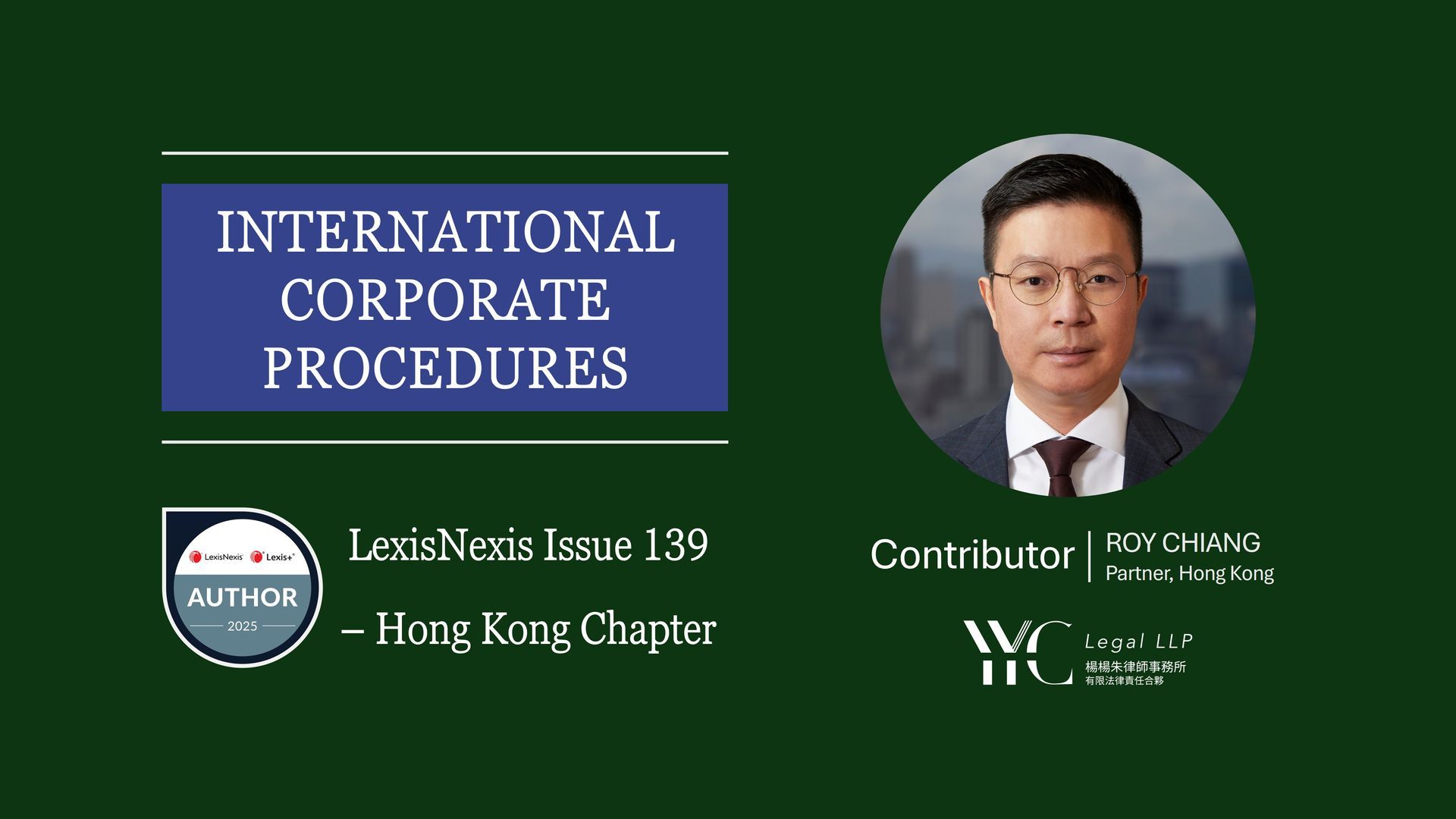Employees who are employed under a “continuous contract” are entitled to various rights and benefits under the EO, such as statutory holiday pay, paid annual leave, sickness allowance, maternity/paternity leave, severance payment and long service payments, etc.
Proposed Amendments
The Labour Advisory Board recently reached a consensus that the “418” requirement will be modified and relaxed. Pursuant to the proposed amendments, employees who are employed by and work for the same employer for an aggregate of 68 hours or more in four consecutive weeks will be regarded as being employed under a “continuous contract” of employment.
The proposed amendments are not yet effective. The legislative process is underway, and an Amendment Bill will be introduced into the Legislative Council for scrutiny.
What it means for Employers and Employees?
The proposed shift from the “418” requirement to the “468” requirement will provide enhanced protection of the rights and benefits of employees with shorter working hours or shorter employment period such as part-time employees, casual workers and substitute workers. It is anticipated that a larger pool of employees will become eligible for the EO benefits listed above upon the implementation of the proposed amendments.
Employers should start assessing the legal, operational and financial implications under the “468” requirement which will come into effect and review or adjust their workforce structures and employment contracts to ensure compliance. Moreover, employers should also carefully maintain accurate employment records, as these are essential for fulfilling statutory obligations and facilitating the extended benefits coverage under the “468” requirement.


















